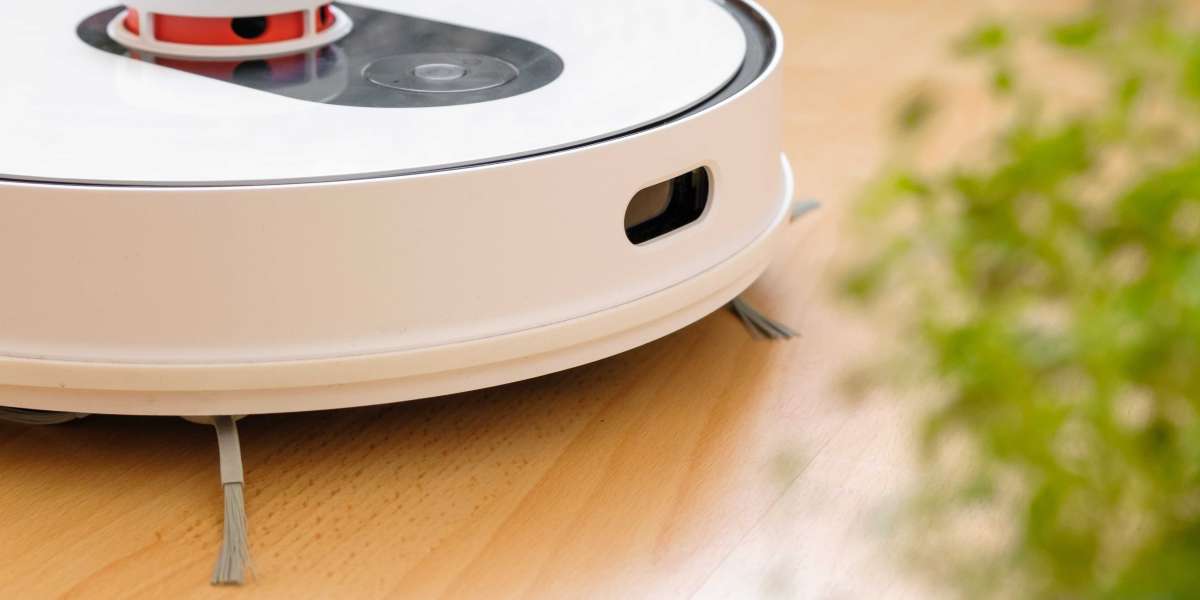As humanity continues to push the boundaries of space exploration, the ability to predict rocket performance, trajectory, and potential outcomes has become a critical component of mission success. This article delves into the exciting advancements in rocket prediction and how it is shaping the future of space travel.
The Importance of Rocket Prediction
Rocket prediction https://therocketgames.com is essential for ensuring the safety, efficiency, and success of space missions. It involves the use of advanced calculations, simulations, and data analysis to anticipate how a rocket will perform under various conditions. From launch to orbit insertion, every stage of a rocket's journey must be meticulously planned and predicted to avoid costly errors or catastrophic failures.
Accurate predictions are particularly important in the context of reusable rockets, a concept popularized by companies like SpaceX. Reusable rockets require precise landing predictions to ensure they can be safely recovered and reused. This not only reduces the cost of space exploration but also makes it more sustainable in the long run.
Advancements in Rocket Prediction Technology
In recent years, significant advancements have been made in the field of rocket prediction. One of the key drivers of this progress is the integration of artificial intelligence and machine learning into predictive models. These technologies allow engineers to analyze vast amounts of data from previous launches, identify patterns, and make highly accurate predictions.
For example, AI-powered algorithms can predict how atmospheric conditions, such as wind speed and temperature, will affect a rocket's trajectory. They can also simulate potential malfunctions and provide solutions to mitigate risks. This level of precision was unimaginable just a few decades ago and has revolutionized the way space missions are planned.
Another breakthrough in rocket prediction comes from the development of high-fidelity simulation software. These tools enable engineers to create virtual models of rockets and test them in a variety of scenarios. By simulating different launch conditions, engineers can optimize rocket designs and improve their performance before they ever leave the ground.
The Role of Big Data in Rocket Prediction
Big data plays a pivotal role in the accuracy of rocket prediction. Modern rockets are equipped with thousands of sensors that collect data on everything from fuel consumption to structural integrity. This data is then analyzed to identify trends and improve future predictions.
For instance, data collected from previous launches can be used to refine algorithms and enhance the reliability of predictive models. By continuously learning from real-world data, rocket prediction systems become more accurate over time, reducing the likelihood of errors and increasing the success rate of missions.
The Impact on Space Exploration
The advancements in rocket prediction are having a profound impact on space exploration. With more accurate predictions, space agencies and private companies can plan missions with greater confidence. This has opened the door to more ambitious projects, such as manned missions to Mars and the establishment of lunar bases.
Furthermore, improved rocket prediction is making space exploration more accessible to smaller organizations and countries. As the cost of launching rockets decreases, thanks in part to reusable technology and efficient planning, more players can enter the space industry. This democratization of space exploration has the potential to accelerate innovation and drive humanity's progress beyond Earth.
Challenges and the Road Ahead
Despite the remarkable progress in rocket prediction, challenges remain. The complexity of space travel means that even the most advanced predictive models cannot account for every variable. Unforeseen events, such as technical malfunctions or unexpected weather conditions, can still pose risks.
Additionally, as rockets become more sophisticated, the amount of data generated during missions continues to grow. Managing and analyzing this data requires significant computational resources and expertise. Ensuring that predictive models remain accurate and up-to-date is an ongoing challenge for engineers and scientists.
Looking ahead, the future of rocket prediction is bright. As technology continues to evolve, we can expect even greater accuracy and reliability in predictive models. This will not only enhance the safety and efficiency of space missions but also pave the way for new discoveries and opportunities in the final frontier.
Conclusion
Rocket prediction is a cornerstone of modern space exploration, enabling humanity to reach new heights and explore the cosmos with confidence. Through advancements in AI, big data, and simulation technology, we are entering a new era where space travel is safer, more efficient, and more accessible than ever before. As we continue to refine our predictive capabilities, the possibilities for what we can achieve in space are truly limitless.







